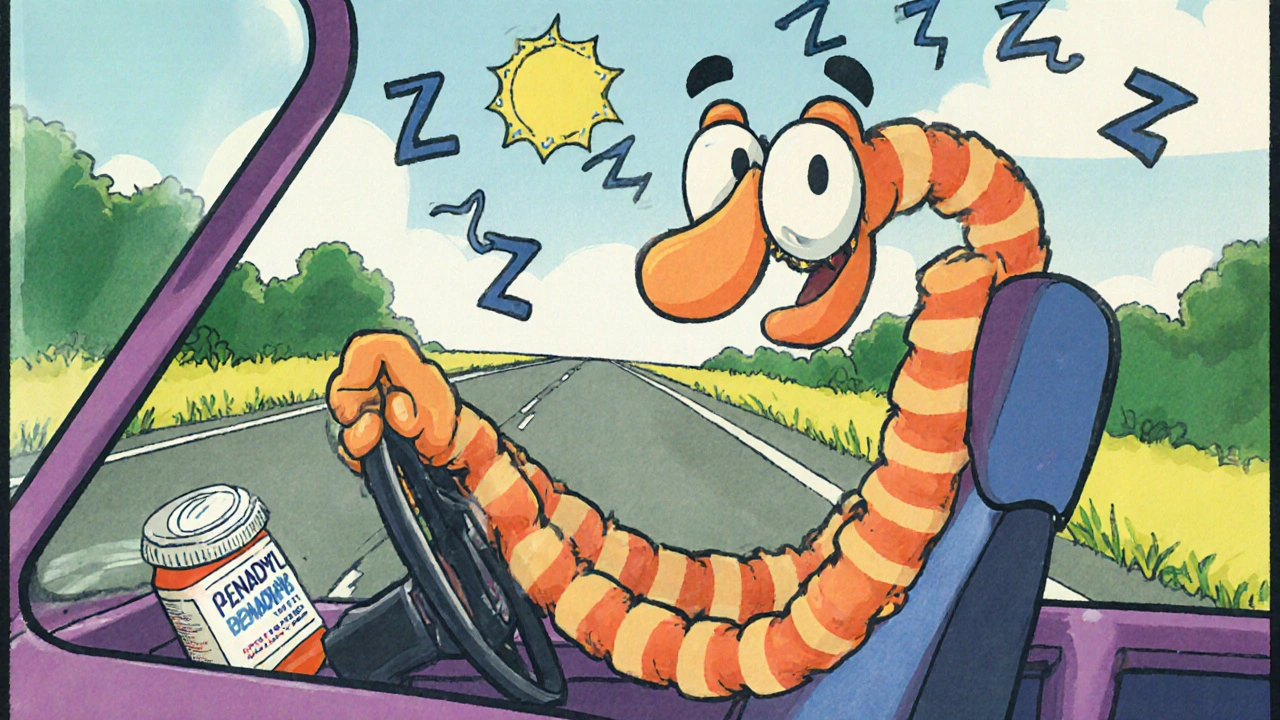Drowsy Driving: Risks, Causes, and How to Stay Alert
When you're behind the wheel and your eyes feel heavy, you're not just tired—you're in danger. drowsy driving, the act of operating a vehicle while impaired by lack of sleep or extreme fatigue. It's not just about yawning at the wheel. It's about losing focus for seconds that can cost lives. The National Highway Traffic Safety Administration says drowsy driving causes over 100,000 crashes every year in the U.S. alone. That’s more than many people realize. And it’s not just truck drivers or night-shift workers. Parents pulling all-nighters, students cramming for exams, and even people on medication that causes sleepiness are at risk.
sleep deprivation, chronic lack of enough restful sleep is the biggest trigger. Missing just two hours of sleep can slow your reaction time like having a blood alcohol level of 0.05%. Combine that with long drives, monotonous roads, or medications like antihistamines or certain antidepressants, and you’ve got a recipe for disaster. fatigue-related accidents, crashes caused by physical or mental exhaustion while driving don’t always involve swerving. Often, they’re rear-end collisions where the driver never hit the brakes—because they didn’t wake up in time.
It’s not enough to roll down the window or turn up the radio. Those tricks don’t work for long. Real alertness comes from sleep, not caffeine. If you’ve slept less than six hours in the last 24 hours, you’re already at higher risk. And if you’re taking any medication—like the beta blockers or sedatives mentioned in other posts on this site—that list includes drowsiness as a side effect, you need to know: driving while drowsy isn’t just risky, it’s irresponsible.
What you’ll find below are real, practical guides that connect the dots between medication side effects, sleep disorders, and everyday driving safety. From how certain drugs like propranolol or duloxetine can make you sleepy, to how managing conditions like diabetes or heart failure affects your alertness, these posts don’t just talk about pills—they talk about how those pills affect your life on the road. Whether you’re managing chronic illness, juggling work and family, or just trying to stay awake during a long commute, the information here is meant to keep you safe—not just healthy.

Antihistamines and Driving: What You Need to Know for Safe Travel
Haig Sandavol Oct 27 13Many antihistamines cause drowsiness that impairs driving-sometimes as much as alcohol. Learn which ones are safe, which to avoid, and how to protect yourself and others on the road.
More Detail